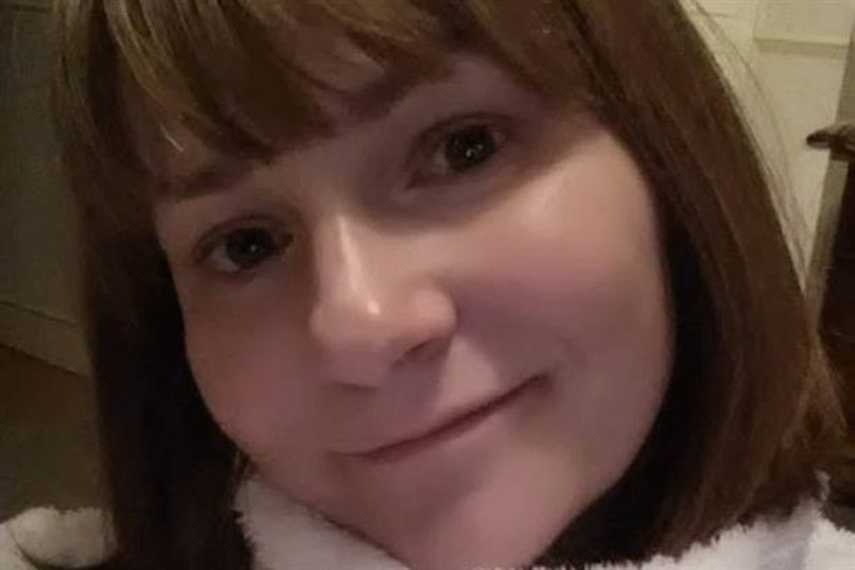
Please sign in or register
Existing users sign in here
Having trouble signing in?
Contact Customer Support at
[email protected]
or call+91 22 69489600
We've all moaned quietly at how Facebook seems to be filled with an increasingly narcissistic group of so-called friends, keen to tell us again and again about their incredible lives or show off that holiday snap tagged only with the caption 'bliss'. Pass the bucket, says the author

Contact Customer Support at
[email protected]
or call+91 22 69489600
Top news, insights and analysis every weekday
Sign up for Campaign Bulletins
11 Indians are on the list, including 2 jury presidents
The Pinterest Predicts 2026 report shows Gen Z using the platform to trade viral chaos for slower, highly curated lives. This means that making pen pals, maximalist brooches, and outdoorsy, explorer-coded fashion is back in again.
Britannia’s new campaign links tiny everyday decisions to bigger behaviour change, using the actor and mindful snacking as the creative bridge.
In a world inundated with travel imagery, where every scroll reveals another sunset, skyline, or stamp-worthy escape, Yas Island, Abu Dhabi and Pickyourtrail manage to carve out a distinct space with Smash the Ordinary.